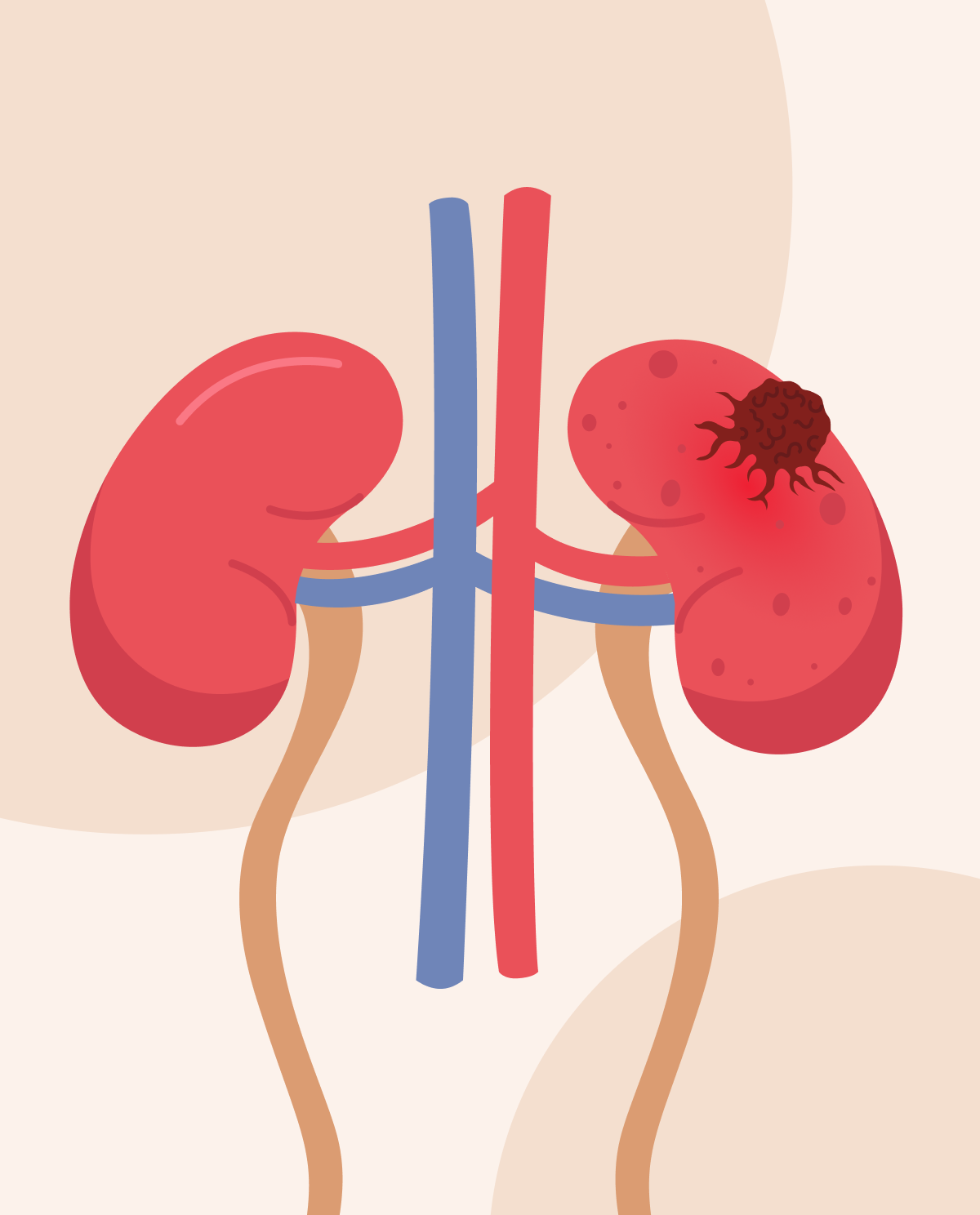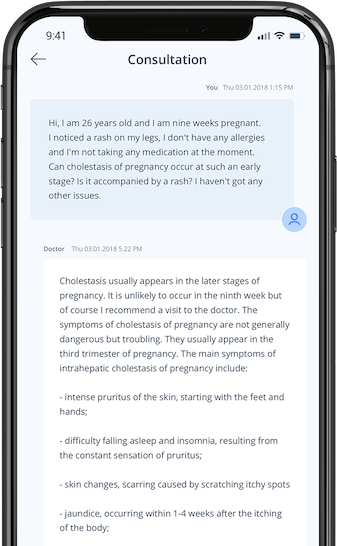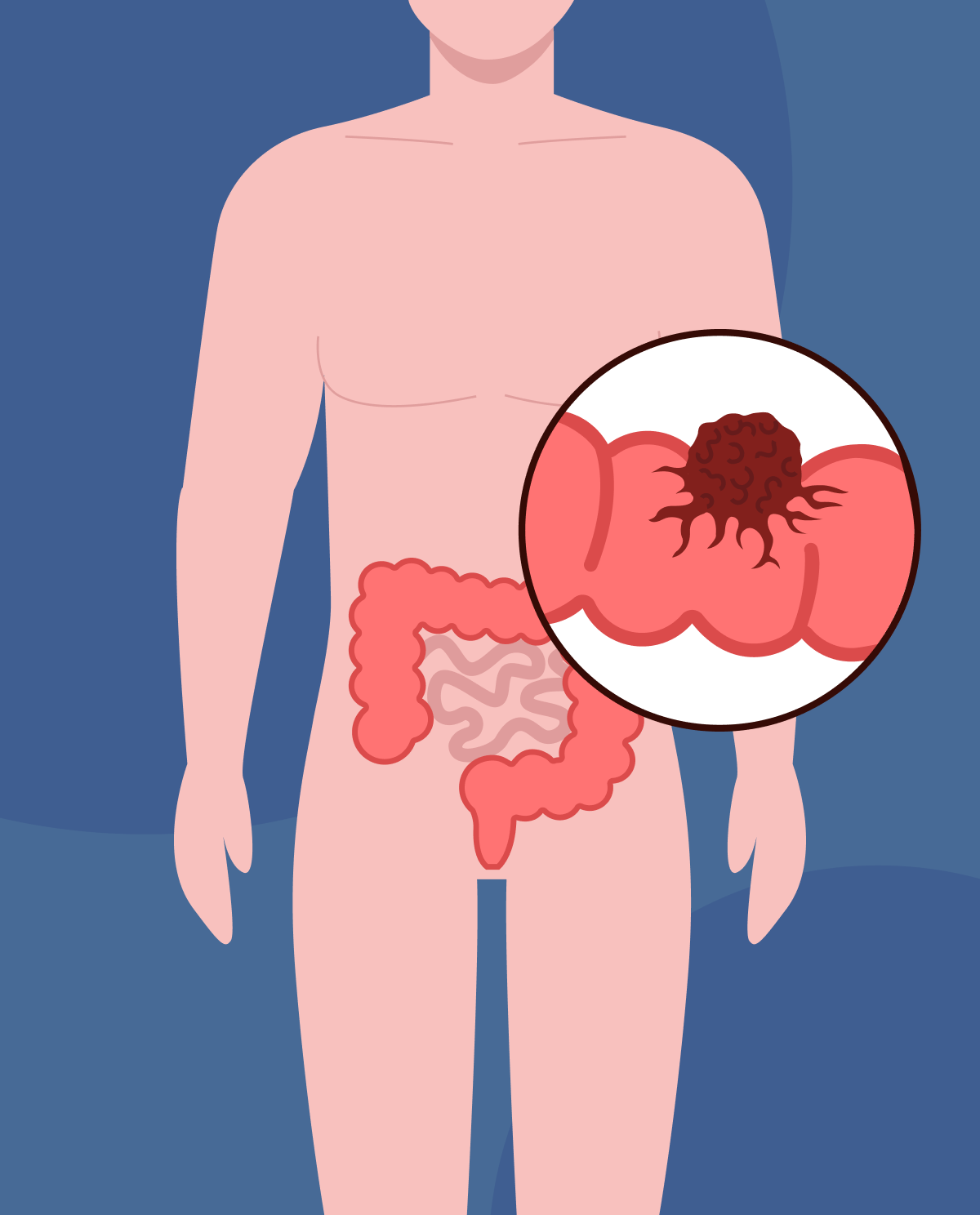Types of kidney cancers
- RCC, also known as renal cell carcinoma, is the most prevalent type of kidney cancer among adults, comprising 85% of all cases. Typically, it manifests as a solitary tumor in one kidney, although it can occur in both. The cancer originates from the cells lining the tubules of the kidney, which are responsible for returning nutrients and fluid back into the bloodstream.
- Sarcoma: This is the rarest type of kidney cancer, making up just 1% of cases. It initiates in the connective tissues of the kidneys and, if left untreated, can extend to neighboring organs and bones.
- Transitional type: Constituting approximately 6% to 7% of kidney cancers, this type of cancer typically originates in the region where the ureter connects to the primary part of the kidney, known as the renal pelvis. However, transitional cell carcinoma can also develop in the ureters or bladder.
- Wilms tumor: this represents the most prevalent type of kidney cancers in children.
Risks associated with its development
- Smoking: Individuals who smoke have a higher likelihood of developing kidney cancer compared to those who do not smoke. However, the risk of kidney cancer decreases after quitting smoking.
- Age: risk increases with older age.
- Obesity: the more overweight a person is, the higher the risk of developing kidney cancer.
- Hypertension: High blood pressure can increase the risk of kidney cancer.
- Family history: the risk rises if direct relatives are affected.
- Prolonged use of dialysis.
- VHL (Von Hippel-Lindau) disease: Individuals with this hereditary condition have an increased susceptibility to kidney cancer. This disorder leads to the formation of noncancerous growths, known as tumors, primarily within the blood vessels of the eyes and brain.
- Genetic alterations.
- Previous sessions of radiation therapy has been shown to increase the incidence of kidney cancer.
Symptoms associated with kidney cancer
- Hematuria (blood in urine),
- Unwanted weight loss,
- Loss of appetite,
- Fatigue,
- Fever,
- Flank pain that doesn’t resolve.
Diagnostic procedures
- Patient history and complete physical,
- Urine and blood testing,
- Biopsy,
- Imaging (Ultrasound, CT, X-ray and MRI).
Treatment
- Nephrectomy (kidney removal surgery): it can be partial (removal of tumor) or complete (removal of kidney).
- Cryo-ablation: In cryoablation, a specialized hollow needle is inserted through the skin and guided by ultrasound or other imaging techniques into the kidney tumor. The needle delivers extremely cold gas, which freezes and destroys the cancer cells.
- Radiofrequency ablation: In radiofrequency ablation, a specialized probe is inserted through the skin and guided by ultrasound or other imaging methods into the kidney tumor. The probe delivers an electrical current that passes through the needle and into the cancer cells. This current heats up or burns the cells, leading to their destruction.
- In advanced or recurring cancers, targeted therapy, immunotherapy, clinical trial drugs can be used.
Conclusion
Understanding the types, risks, symptoms, diagnostic procedures, and treatment options for kidney cancer is crucial for early detection and effective management of the disease. If you or a loved one are experiencing any of the symptoms mentioned above, it's important to consult with a healthcare professional for a proper diagnosis and treatment plan.








